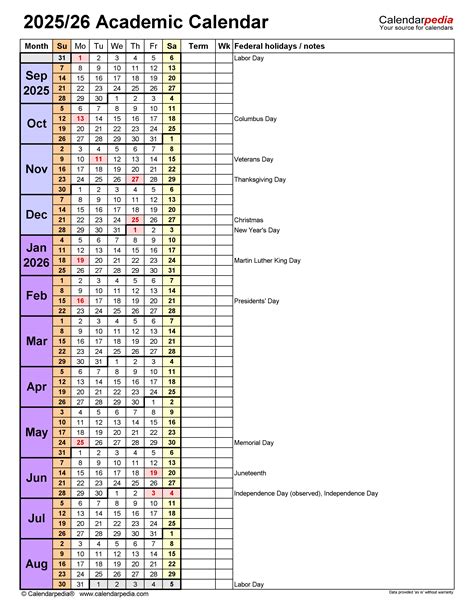Introduction

North Carolina State University (NC State) is renowned for its robust economics department, which boasts a faculty of distinguished researchers and educators. The department offers a full range of undergraduate and graduate programs, providing students with a comprehensive understanding of economic principles and their application to real-world issues. This article delves into the NC State economics curriculum, research initiatives, and career opportunities for graduates.
Curriculum and Research
Undergraduate Programs:
NC State offers a Bachelor of Science in Economics with customizable concentrations in:
– Business Economics
– Data Analytics for Economics
– Economic Development
– Economics and History
– Environmental Economics
The undergraduate curriculum emphasizes:
- Microeconomics
- Macroeconomics
- Econometrics
- Mathematical Economics
- Economic Theory
Graduate Programs:
NC State’s Master of Science and PhD programs in Economics prepare students for careers in academia, research, or the private sector. The programs feature:
- Advanced coursework in economic theory, econometrics, and specialized fields
- Independent research projects
- Seminar participation
Research Focus Areas:
NC State economists conduct groundbreaking research in various fields, including:
- Applied Microeconomics
- Economic Development
- Environmental Economics
- Health Economics
- Labor Economics
- Macroeconomics
Research funding from agencies like the National Science Foundation and the World Bank supports cutting-edge initiatives.
Career Opportunities
Graduates of the NC State economics department are highly sought after by employers in various industries:
- Finance
- Consulting
- Government
- Non-profit Organizations
- Academia
According to the Bureau of Labor Statistics, economists earn a median annual salary of $105,690. The top 10% earn over $162,190.
Strategies for NC State Economics Students
- Maximize Advising: Utilize the department’s advising services to customize your curriculum and explore career options.
- Join Economics Student Groups: Engage with peers through the Economics Club, Econ Honor Society, or Data Science Club.
- Pursue Undergraduate Research: Work with faculty on research projects to develop research skills and expand your knowledge.
- Attend Guest Lectures and Seminars: Enhance your understanding by attending presentations by visiting scholars and industry professionals.
- Network with Alumni: Connect with former students to learn about career paths and industry trends.
Common Mistakes to Avoid
- Ignoring Math and Statistics: Economics heavily relies on mathematical and statistical concepts. Ensure you have a strong foundation in these areas.
- Neglecting Communication Skills: While technical skills are essential, effective communication is equally crucial for career success.
- Overspecializing Too Early: While choosing a concentration is important, avoid narrowing your focus too early. Explore various aspects of economics before making a decision.
- Underestimating the Importance of Internships: Gain practical experience through internships or research assistantships to enhance your resume and make you a more competitive job candidate.
Comparison of NC State and Other Top Economics Departments
| Institution | US News and World Report Ranking | College Factual Ranking |
|---|---|---|
| NC State University | 29 | 12 |
| University of Chicago | 1 | 1 |
| Harvard University | 2 | 2 |
| Princeton University | 3 | 3 |
| University of California, Berkeley | 4 | 5 |
Conclusion
NC State University’s economics department provides students with a solid foundation in economic theory and research methods. The department’s commitment to academic excellence, research innovation, and career development makes it a top choice for aspiring economists. By following the strategies outlined in this article, students can maximize their potential and achieve success in the field of economics.
